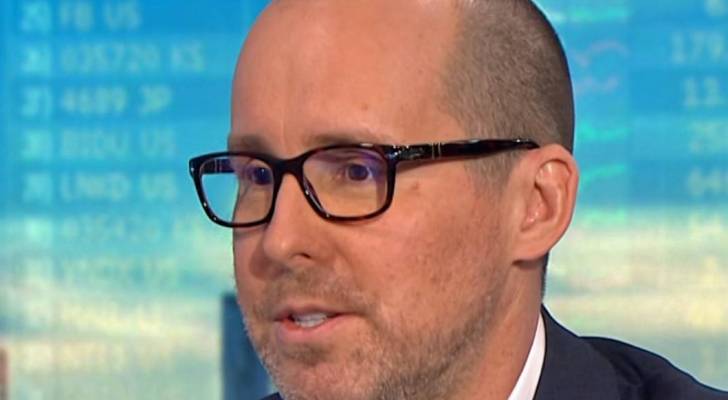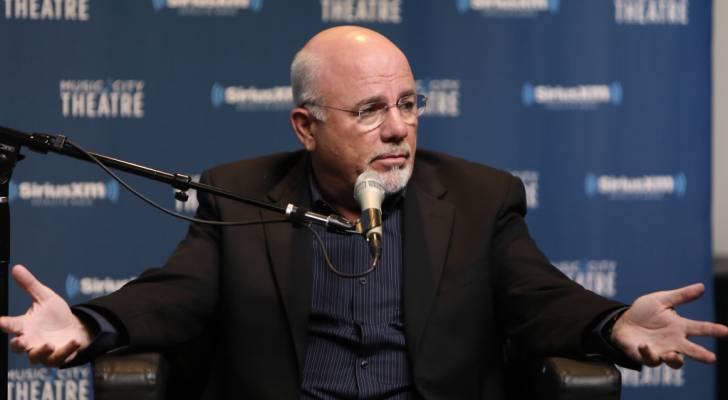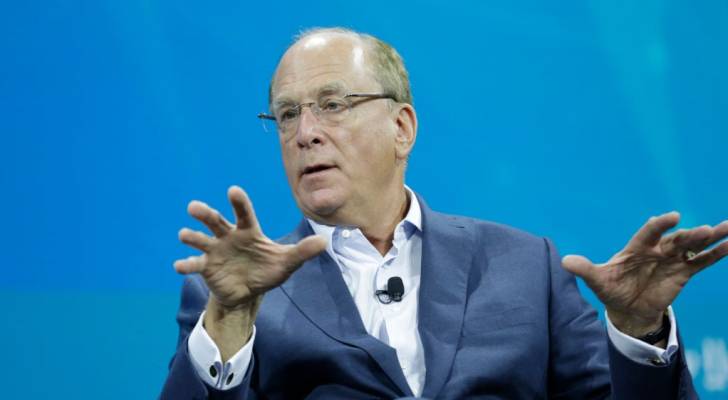‘No turning back’: This Wall Street ‘permabear’ has been predicting the biggest market crash since 1929 — How you can prepare your portfolio if he’s right


We adhere to strict standards of editorial integrity to help you make decisions with confidence. Some or all links contained within this article are paid links. Mark Spitznagel, chief investment officer of Universa Investments, told Business Insider in 2024 that he thinks the “worst market crash since 1929” is coming. Now, he claims that the […]
How much cash do you plan to keep on hand after you retire? Here are 3 of the biggest reasons you’ll need a substantial stash of savings in retirement


We adhere to strict standards of editorial integrity to help you make decisions with confidence. Some or all links contained within this article are paid links. During your working years, it’s important to have cash savings for unplanned expenses. These could run the gamut from home repairs to medical emergencies to a period of unemployment. […]
Jason Kelce says he lost ‘all my money’ in New Orleans at Super Bowl LIX — at one point it was a ‘bigger bloodbath’ than the Chiefs’ blowout loss. Here’s what happened and what you can learn


We adhere to strict standards of editorial integrity to help you make decisions with confidence. Some or all links contained within this article are paid links. Travis Kelce, along with the Kansas City Chiefs, suffered a crushing loss at Super Bowl LIX after being obliterated 40-22 by the Philadelphia Eagles. But his brother, Jason, also […]
I’m 65, have $120,000 saved, collect Social Security of $1,700/month — but monthly expenses total $3,900. How can I make sure money doesn’t run out without sacrificing lifestyle?
We adhere to strict standards of editorial integrity to help you make decisions with confidence. Some or all links contained within this article are paid links. At age 65, a $120,000 nest egg isn’t going to produce as much income as you might hope. Assuming you follow the 4% rule, you’ll only be able to […]
How much is the average Social Security check of a middle-class retiree?


We adhere to strict standards of editorial integrity to help you make decisions with confidence. Some or all links contained within this article are paid links. Social Security is an important piece of the retirement puzzle, particularly for middle-class retirees who count on the safety net to supplement their post-career income. But if you see […]
‘We’re not robots’: As recession looms, Americans may be unsure about what to do with their 401(k) — here’s what experts recommend


We adhere to strict standards of editorial integrity to help you make decisions with confidence. Some or all links contained within this article are paid links. Since 1950, the US has weathered 11 recessions, proving time and again that downturns aren’t a question of if, but when. After a strong performance from the S&P 500 […]
‘You will pay more’: Dave Ramsey explains how Trump’s tariffs will impact Americans ‘on a personal level’ — says ‘there’s no question’ prices will go up. Here are 4 ways to help your wallet


We adhere to strict standards of editorial integrity to help you make decisions with confidence. Some or all links contained within this article are paid links. While global tensions rise and billion-dollar trade battles make headlines, Brianna from Washington, D.C., had a straightforward question for hosts of The Ramsey Show in a clip posted Feb. […]
Dave Ramsey warns nearly 50% of Americans are making 1 big Social Security mistake — here’s what it is and 3 simple steps to fix it ASAP


We adhere to strict standards of editorial integrity to help you make decisions with confidence. Some or all links contained within this article are paid links. With over 30 years of fielding listener calls and cultivating a devoted audience, Dave Ramsey has become one of the rare experts truly in tune with the nation’s financial […]
Jerome Powell quietly warned Americans there would be places in the US where you ‘can’t get a mortgage’ — and he’s not wrong. Here’s why and what to do if you’re part of this unlucky group


We adhere to strict standards of editorial integrity to help you make decisions with confidence. Some or all links contained within this article are paid links. Months after wildfires in California displaced thousands of residents and spurred a massive housing crisis in Los Angeles County, the ongoing impact points to a larger — and unquestionably […]
BlackRock CEO Larry Fink has an important message for the next wave of American retirees — here’s how he says you can best weather the US retirement crisis


We adhere to strict standards of editorial integrity to help you make decisions with confidence. Some or all links contained within this article are paid links. As sage billionaires go, BlackRock chairman and CEO Larry Fink belongs in the same rarefied air as Warren Buffett. And while he probably stopped worrying about his own nest […]